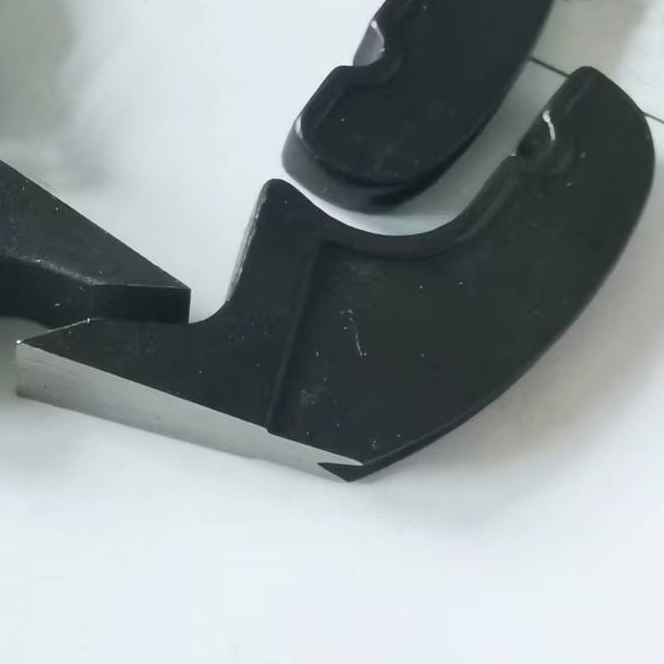Replace Sawmill Teeth Price
Sawmills are essential for the lumber industry, as they enable the efficient cutting of logs into usable timber. One crucial component of a sawmill is the sawmill teeth, which play a vital role in the cutting process. Over time, these teeth can become dull or damaged, necessitating their replacement. In this article, we will explore the factors influencing the price of replacing sawmill teeth.
The quality of the replacement teeth is a significant factor in determining the price. Higher-quality teeth are typically more expensive, but they offer superior performance and durability. When purchasing replacement teeth, sawmill operators should consider the materials used, such as carbide or high-speed steel, as well as the manufacturing processes employed. Investing in high-quality teeth can lead to longer-lasting and more efficient cutting, ultimately saving money in the long run.
Another factor that affects the price of replacing sawmill teeth is the quantity required. Larger sawmills with higher production rates may need to replace teeth more frequently, leading to increased costs. Additionally, specialized teeth for specific cutting tasks, such as ripping or cross-cutting, may come at a higher price. Sawmill operators should assess their production needs and select the appropriate quantity and type of teeth to balance cost-effectiveness and performance.
The complexity of the sawmill tooth design can also influence its price. Some teeth feature innovative designs that enhance cutting efficiency or reduce wear. While these advanced tooth designs can offer significant benefits, they often come at a higher price due to the research and development involved. Sawmill operators should carefully evaluate whether the additional cost is justified by the potential gains in productivity and cost savings.
Furthermore, the availability and sourcing of replacement teeth can affect their price. If a particular type of tooth is in high demand or difficult to procure, its price may be driven up. Additionally, factors such as shipping costs and import/export regulations can impact the overall price of replacement teeth. Sawmill operators should consider working with reputable suppliers to ensure a consistent supply of affordable replacement teeth.
Maintenance and proper handling of sawmill teeth can also influence their lifespan and the need for replacement. Regular cleaning, sharpening, and alignment can help prolong tooth life and reduce replacement costs. It is essential for sawmill operators to implement effective maintenance practices and provide adequate training to their staff to maximize the longevity of the teeth.
In conclusion, several factors contribute to the price of replacing sawmill teeth. The quality, quantity, design complexity, availability, and maintenance practices all play a role in determining the overall cost. Sawmill operators should carefully consider these factors to ensure they make informed decisions that balance cost-effectiveness with cutting performance. By investing in high-quality teeth, implementing proper maintenance procedures, and establishing reliable sourcing channels, sawmills can optimize their operations while minimizing the expenses associated with replacing sawmill teeth.

